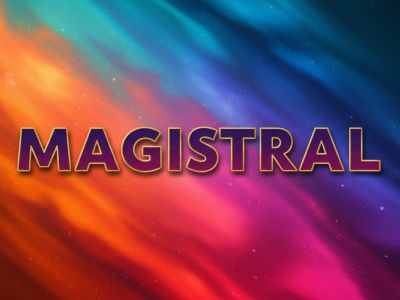Quick Take: Anthropic just rolled out web search for all Claude.ai users, including free accounts. Claude 4 Sonnet can now search the internet for real-time data, provide citations, and even fetch full content from URLs you share. Enterprise users need workspace-level enablement first, but once activated, it’s a game-changer for getting current information without leaving your Claude workflow.
🚀 The Crunch
⚡ Developer Tip: Perfect for documentation research, API discovery, competitor analysis, and staying current with tech trends. The URL fetch feature is especially powerful for analyzing documentation, blog posts, or technical articles directly in your workflow.
Key Actionable Features:
- Enable in 2 Clicks: Click slider icon in chat input → find “Web search” → toggle on. Free users get it immediately, Enterprise needs workspace-level approval first
- Real-Time Research with Citations: Ask about current events, API updates, or tech trends and get sourced, verifiable information with direct links
- Direct URL Fetching: Drop any URL and Claude will analyze the full content – perfect for documentation reviews, article summaries, or competitive research
- Force Search Mode: Add “Search the web” or “Use web search” to your prompts to ensure Claude searches even for topics it might know
- Strategic Usage Controls: Toggle off when not needed to conserve daily limits (especially important for free users analyzing long articles)
🌐 Availability: Live now for all Claude.ai users. Enterprise/Team accounts need Primary Owner to enable in Settings > Integrations > Organization integrations first.
⚠️ Usage Impact: Web search and URL fetching count toward daily limits. Long article analysis can consume significant context window – especially critical for free users. Toggle strategically.
🎯 TLDR: Claude now searches the web and fetches URL content with citations. Free users get it instantly, Enterprise teams need workspace enablement. Game-changer for real-time research without leaving your workflow.
🔬 The Dive
Web search fundamentally changes how Claude can assist with development workflows, but the implementation details matter for getting the most value out of it.
🔬 Technicalities: Claude’s web search operates as a search tool that gets invoked automatically when queries benefit from current information, plus a separate “web fetch” capability for direct URL analysis. The system provides citations and source links for verification, but importantly, uses your IP-based location for localized results. For developers, this means research queries about framework updates, API changes, or security vulnerabilities now pull real-time data.
The dual-mode approach is clever. Automatic search activation means Claude decides when to hit the web based on query context, while explicit prompting (“Search the web for…”) forces search mode even for topics Claude might already know about. This is particularly useful for getting the absolute latest information on rapidly evolving topics like framework releases or security patches.
Web fetch changes the game for content analysis. Instead of copying and pasting articles or documentation, you can drop a URL and Claude will analyze the full content. This is massive for technical documentation review, competitor analysis, or staying current with industry blog posts. However, there’s a significant caveat for free users: a 10,000-word article will consume a substantial portion of your daily context window allocation.
💡 For Enterprise teams, the workspace-level enablement requirement makes sense from a governance perspective. Organizations can control whether their teams have access to external web content, which is crucial for compliance and security-conscious environments. Once enabled, individual users can toggle it on/off as needed.
Strategic usage becomes important, especially for free users managing daily limits. The smart approach is toggling web search off for conversations that don’t require current information (like code reviews or general programming questions) and enabling it specifically for research-heavy tasks. Since both search queries and URL fetching count toward usage limits, being intentional about when to use each feature maximizes your available capacity.
The citation system addresses a key limitation of many AI tools by providing verifiable sources. This is crucial for development decisions where accuracy matters – you can quickly check the original source to understand context, publication date, and reliability before making technical choices based on the information.




